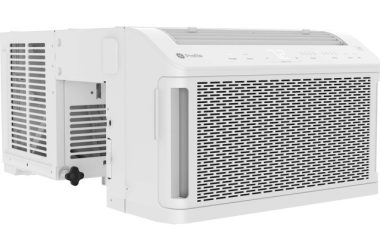Note: Power companies have varying net metering policies, so I cannot confirm whether or not your power company has the policies I mentioned below. Please contact them to learn about their policies.
Net metering enables you to use your own personal electricity generator to reduce your electric bill, but it does not involve obtaining your power from the generator.
Net metering involves:
- Using your generator to supply electricity to your local electricity grid. It offsets your energy usage.
- Your power company compensates you with a certain amount of money per kWh of electricity you supplied.
- The compensation can be considered payment. However, if that ‘payment’ does not exceed your usual electricity bill figure, then there will be no positive cash flow, but your electric bill would be reduced. In other words, the compensation directly pays your electric bill.
- If your compensation/payment amounts to more than your usual electric bill, you will receive no electric bill, and you may be paid for the surplus amount.
A simplified example: If your power company pays you as much for your electricity supply as they charge you for their electricity, then you would eliminate your electric bill if your generator produced as much electricity as you obtained from the power company. This is done in some areas.
A common reason for net metering is the reduction of electric bills, another common one is the reduction of greenhouse gas emissions.
When you offset your electricity consumption with a generator, you create a surplus of electricity in the grid, and when many people do this, power companies start turning down their power plants (whenever possible), and will even shut them down in some cases.
If the generators that caused this shutdown don’t pollute the environment, this provides a net environmental benefit, unless the generators caused substantial pollution during their manufacture.
Fortunately, this is not usually significant enough to cause net-negative environmental benefit in the case of the most well-known zero-emissions generators: solar power plants, and wind farms.




